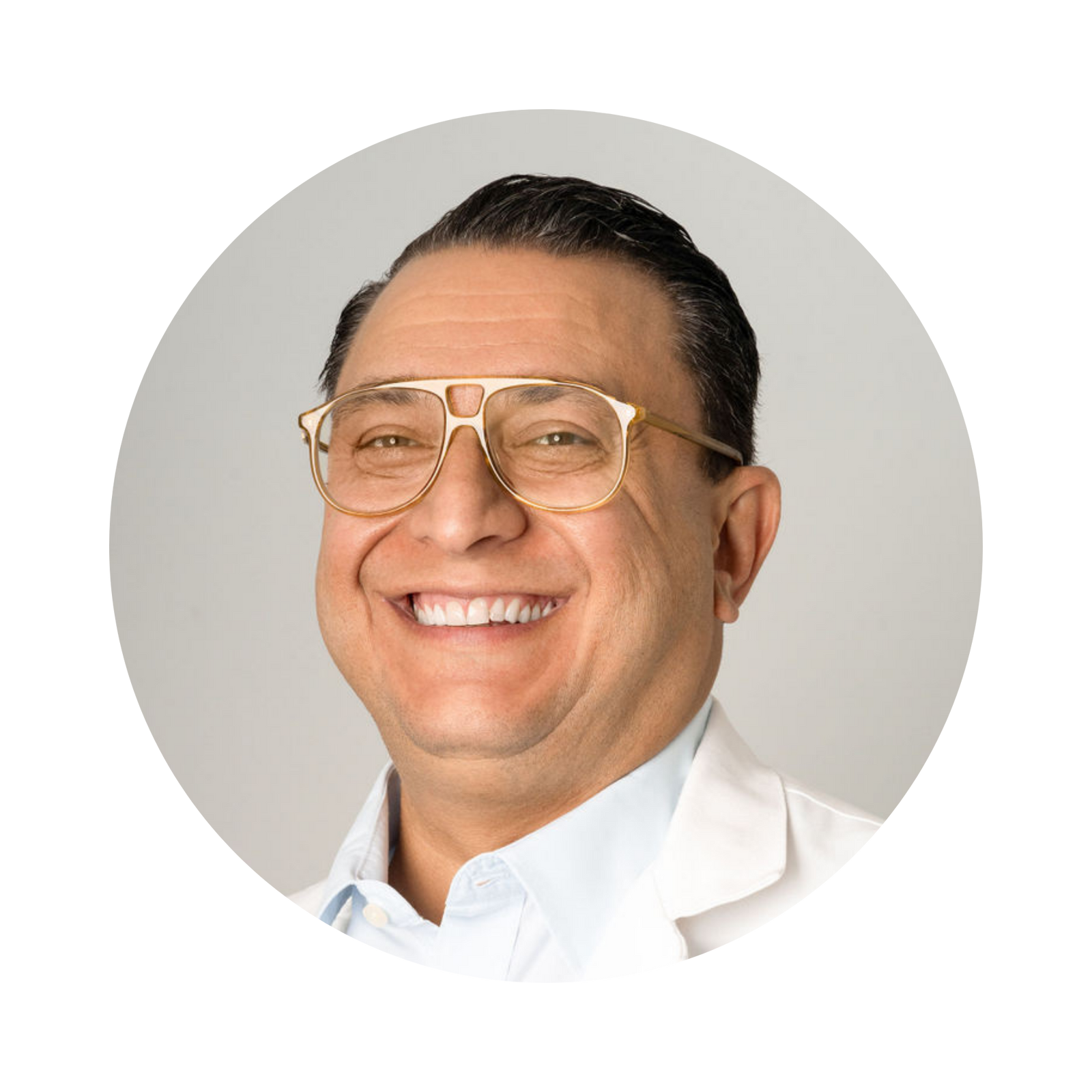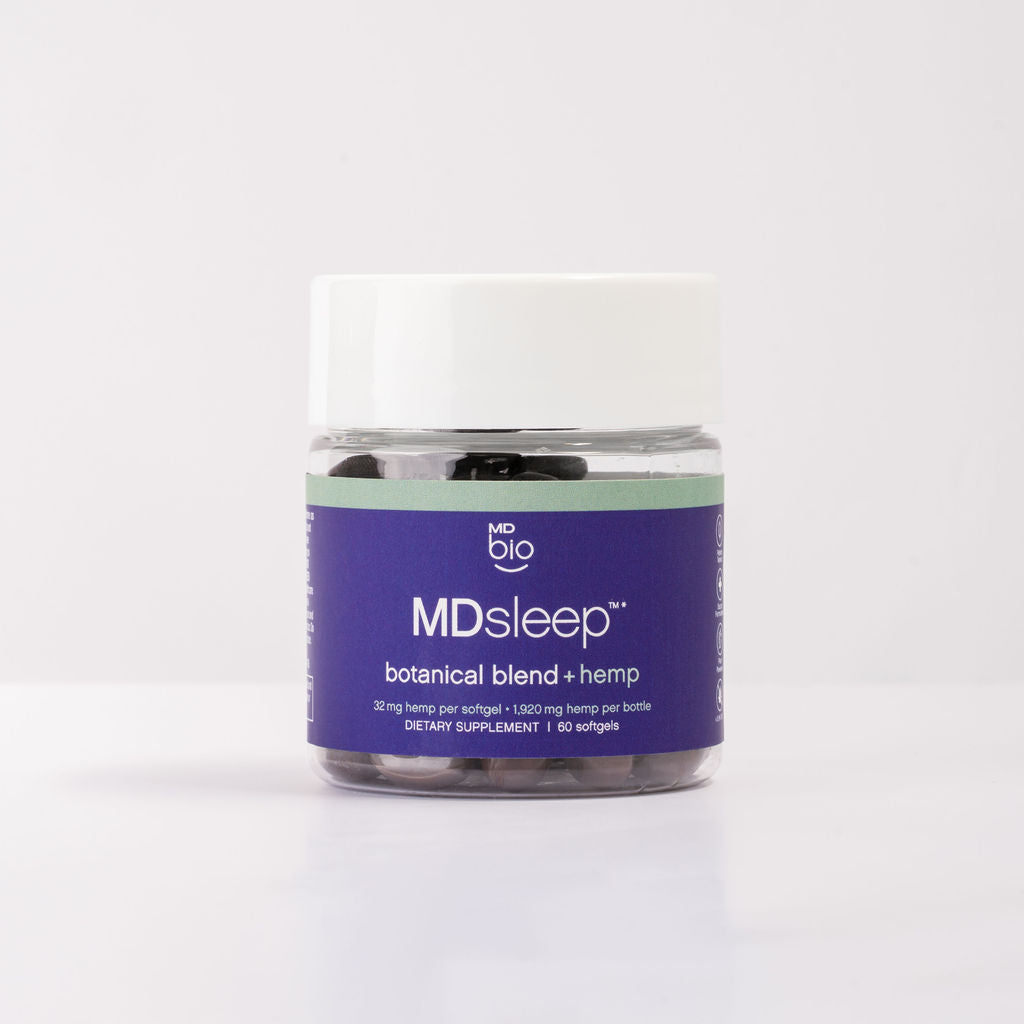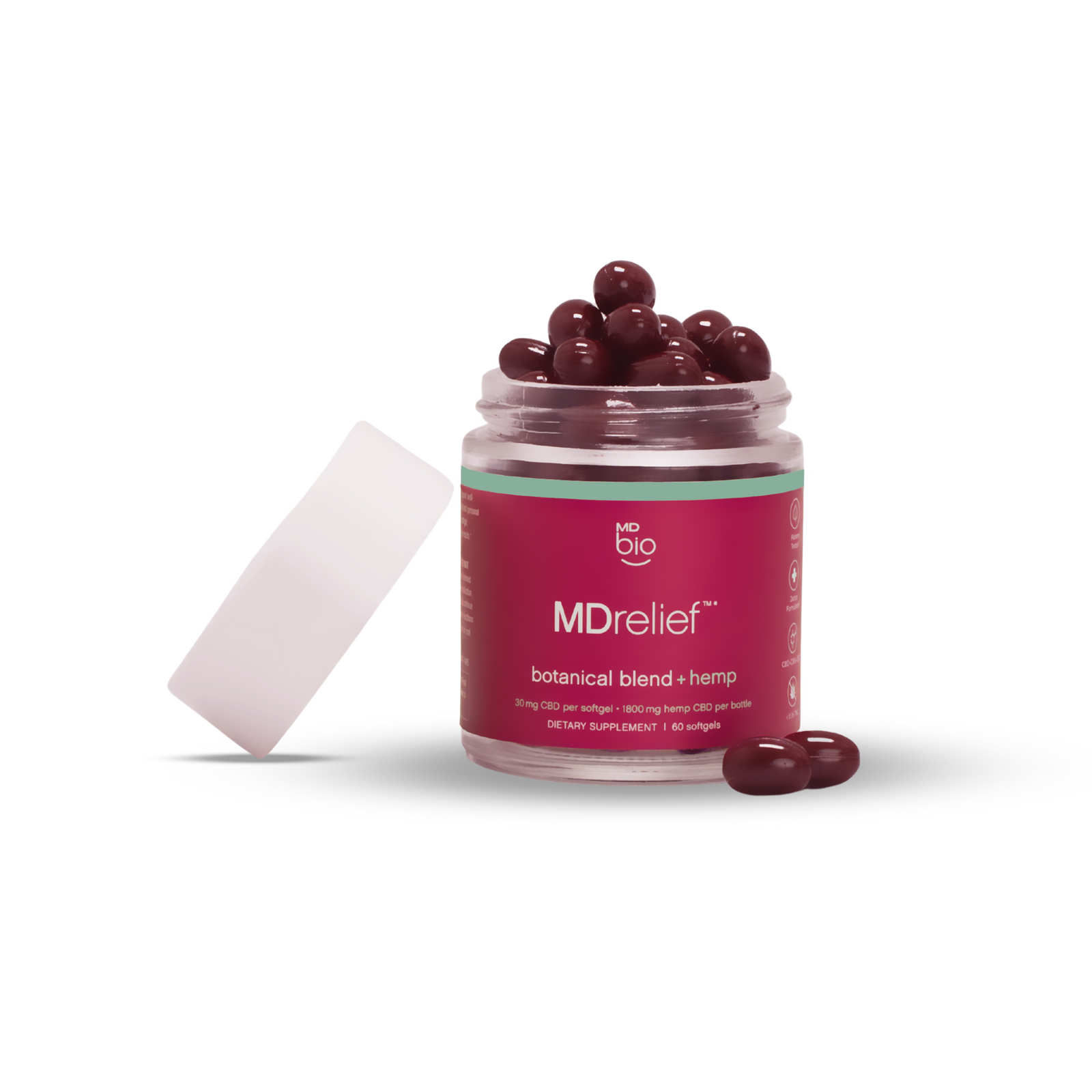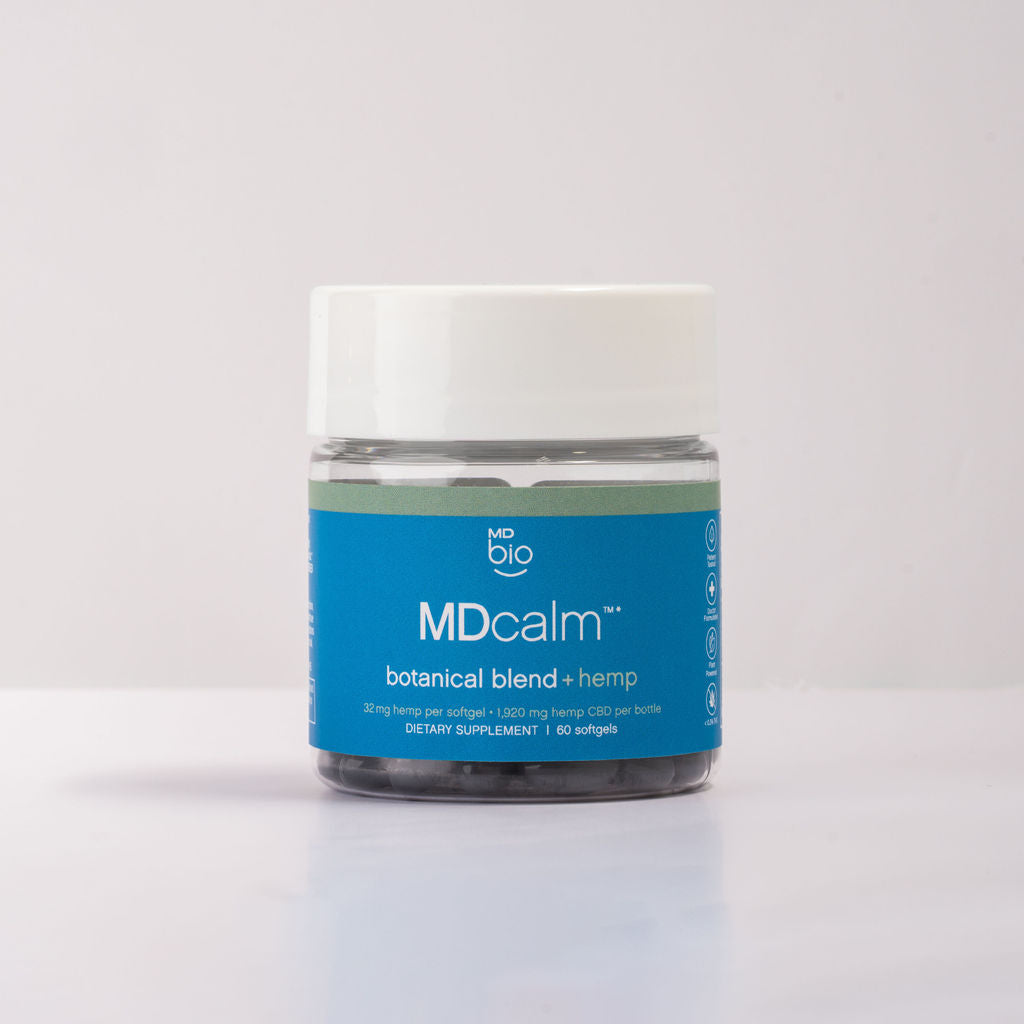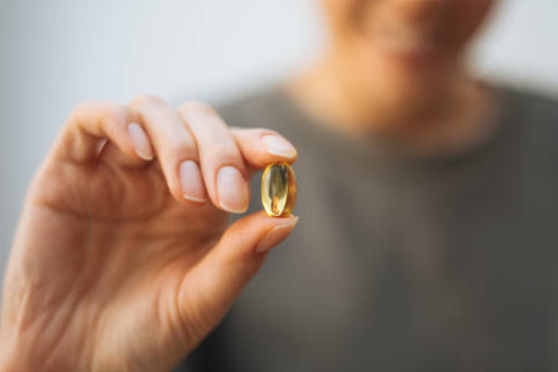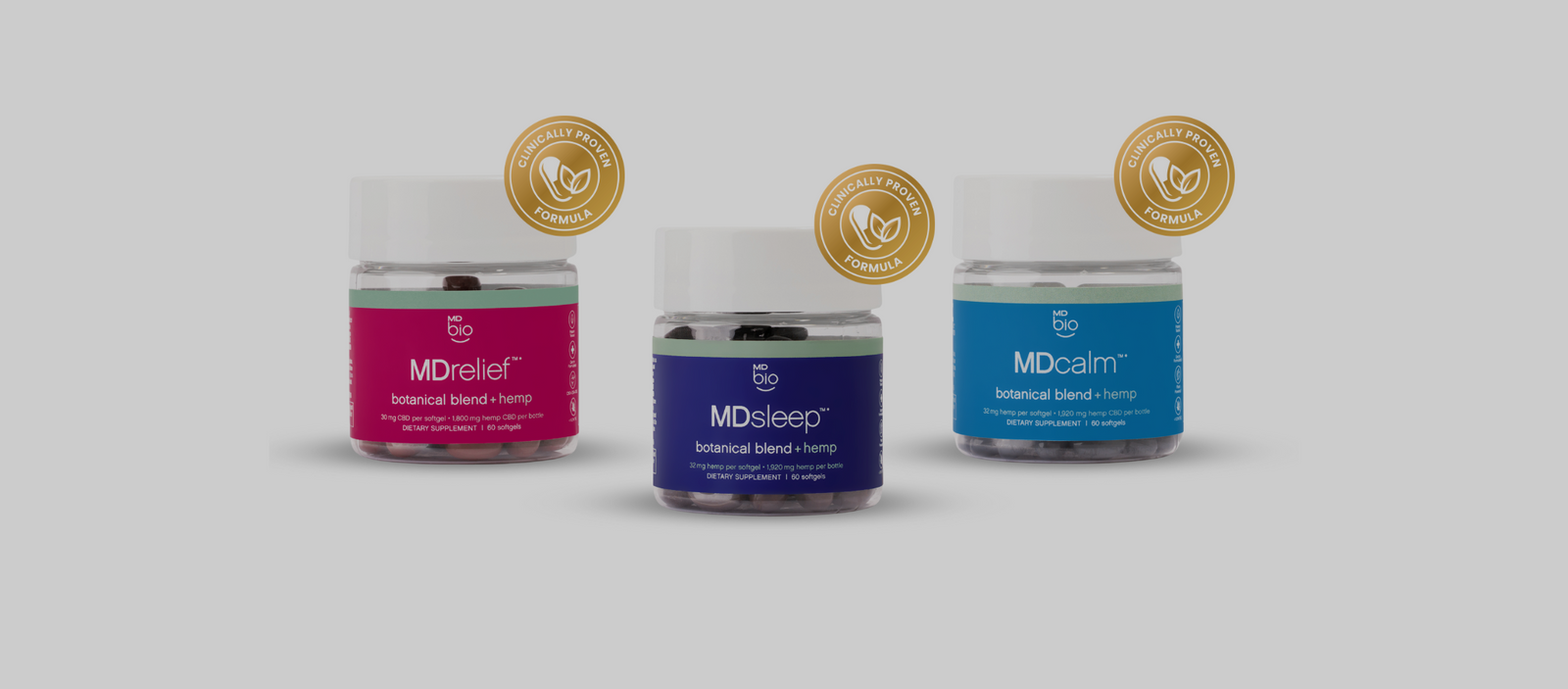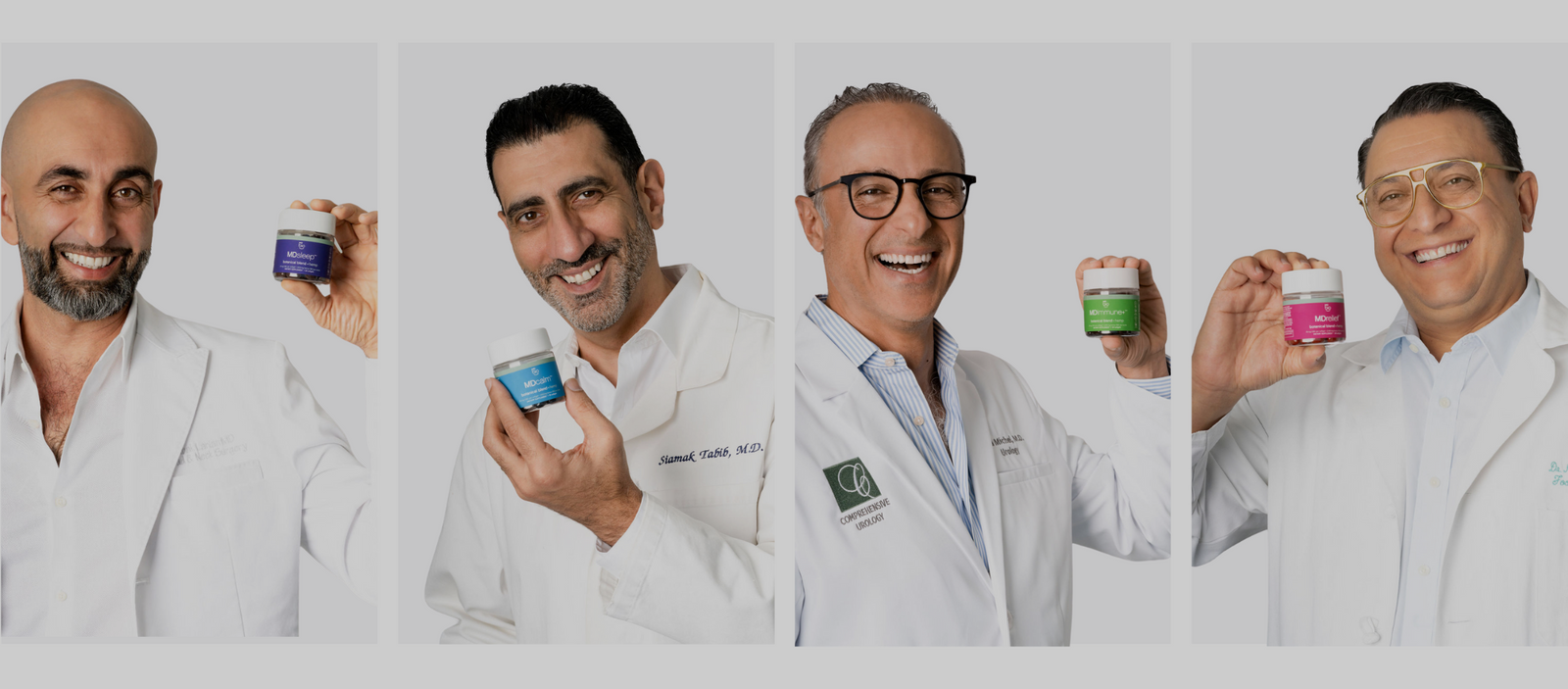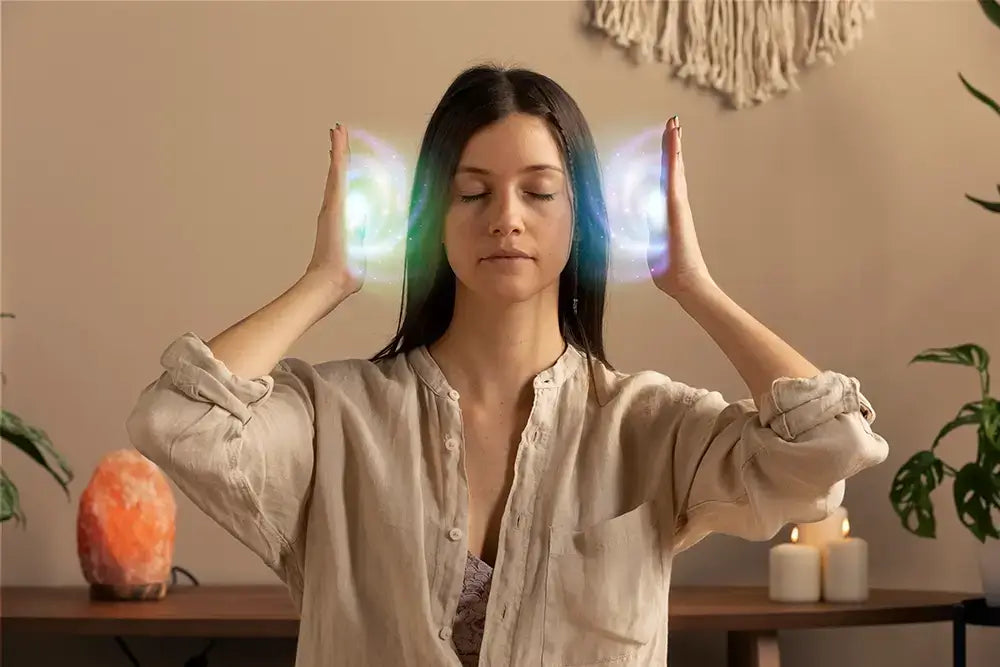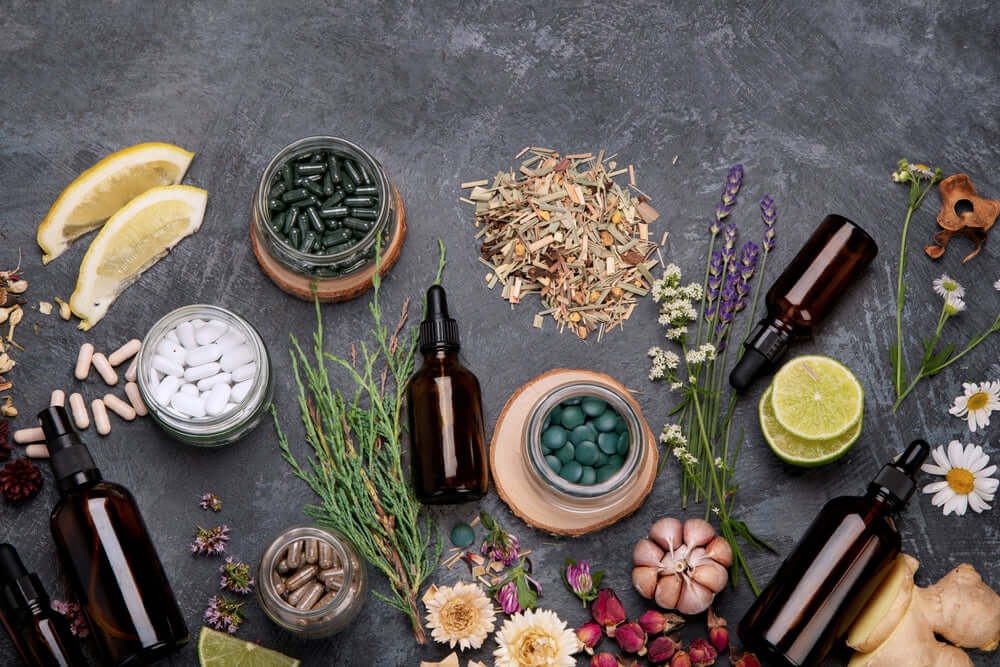
Wellness is a big puzzle with many pieces, and it can feel overwhelming to put the whole picture together and feel completely healthy. It would be much easier to manage wellness if you had one product that targets several aspects of what adds up to a sense of well-being, right?
The other key is that the product should be natural and not have any off-putting side effects. Sounds too good to be true at first, but there is one solution that takes a holistic approach towards managing skincare, sleep health, mindfulness, anxiety, pain, and other issues: botanicals.
Botanicals are an incredibly varied and versatile class of treatments that can benefit many of the body's systems. It's no coincidence that botanicals come up so often when you're looking for holistic solutions to specific or localized ailments, and many people choose these products to achieve a greater sense of well-being.
But let's slow down. Before we start recommending products, you're probably wondering, “What are botanicals, how do they work, and what can I expect from using these products?"
In this complete guide, we outline what constitutes this class of products, some of the most common types of botanicals, and some common applications that could help you feel better across your entire body.
What Are Botanicals?
Simply put, a botanical is a natural medicinal product or supplement that's made directly from plants. That can mean it's made from a plant's roots, flowers, bark, leaves, or anywhere else.
In most cases, these raw materials are dissolved in a solvent that frees potentially beneficial chemicals or compounds locked within the plant's cell structure. The desired compounds can be extracted from the solvent, usually resulting in a liquid or powder product. That refined product can then be formulated into a supplement, topical cream, or another application medium. Different plants yield different chemical compounds, which can benefit different ailments and be useful for a variety of applications.
Why Do People Use Botanicals?
For many people, this kind of plant-based solution to common problems like anxiety, insomnia, or pain is appealing because of its natural origins. Botanicals are not meant to replace prescription medicine when you're acutely sick or require medical attention. Rather, they are a natural option meant to complement a holistic approach to well-being. The chemical compounds derived from various plants can work in conjunction with exercise, mindfulness, meditation, and other whole-body health approaches to help you feel your best.
Many botanicals have long or even ancient histories of application in eastern, indigenous, and otherwise non-western medicine. The modern approach to botanical products aspires to make the benefits of traditional medicines available in accessible products. Today, some holistic health adherents find it personally or spiritually resonant to participate in some of the same herbal treatments that have been passed down for thousands of years. This sense of benefiting from ancient wisdom can be part of the soothing effect of botanicals for many people.
The botanicals landscape is vast, and it's not easy to compile a comprehensive list. Having said that, we've outlined some common options below that can help you feel your best while contending with various everyday ailments.
What Makes Up Botanical Products?
Because of the enormous variety in the type, structure (i.e., using the roots as opposed to the bark or leaves), and chemical compounds of plants to be found in nature, the number of potential plant botanicals to be discovered and studied and applied is enormous.
Though we outline some particularly common and useful ones above, it would be very difficult to fully enumerate every possible plant botanical. However, what matters most to users is quality, not quantity. True, authentic botanical products are mainly sourced from one raw extracted material. However, most supplements, topical creams, and other botanical products combine several different extracts from various plants so that the effects of the different botanicals can work in combination to achieve a more impactful result.
A botanical sleep aid, for example, can combine extracts from hemp, hops flower, and valerian root, each of which has relaxation and sleep-inducing properties on its own. When combined into a single supplement, the effects of the individual extracts can work in tandem and create a fuller, deeper, more enduring result. And because the ingredients are all naturally occurring plant compounds, you can experience the benefits of their combined effect without some risks involved with mixing different kinds of prescription medicine.
A similar combination of botanicals can make an effective pain relief supplement. Many people find the soothing abilities of hemp and valerian root to be helpful in the management of acute or chronic pain, and the combination of the two botanicals along with other amino acids and chemical compounds can make a bigger difference compared to any single pure extract by itself.
Other botanicals and combinations thereof can create supplements or other products that encourage strong immune health, help manage anxiety, promote clear and smooth skin, or work in tandem with a healthy lifestyle to support many other of the body's critical systems.
What Are Plant Botanical Products?
Plant botanicals can be as numerous and as varied as plants themselves. Two different parts of the same plant can yield different botanicals just as easily as two entirely different plant species can. We've highlighted some of the most promising options for dealing with common ailments or discomfort.
Hemp Extract and CBD
Perhaps the most well-known plant botanical is hemp, which is notable for one of its main extractable compounds: CBD. Numerous studies have found that CBD can have positive impacts on sleep, anxiety, and pain, and it is often prescribed for these issues in the form of medical marijuana. But it's well worth noting that the benefits of hemp do not stop with CBD. Hemp extract contains other compounds, like terpenes and flavonoids, that combine with CBD to create what's known as an “entourage effect.”
Hemp byproducts are legally required to contain less than 0.3 percent of THC, the compound in marijuana that creates a high. For this reason, botanical hemp products will not get you high.
CBN and CBG
Like CBD, CBN is a non-THC cannabis component that won't be psychoactive in small doses. Because it's derived from the same plant as CBD, it has many of the same health benefits, including sleep aid, relaxation, and pain relief. Currently, it's not as widespread or accessible as its better-known cousin CBD, but as it gains more recognition, it's becoming a larger part of the botanicals picture.
CBG, or cannabigerol, is a similar story. It's another non-psychoactive cannabis component that can provide many of the health benefits of medical marijuana without the effects on mental processing.
There is some evidence that CBG can benefit inflammatory bowel disease and bacterial infections. Because of their relative lack of popularity, both CBN and CBG are less thoroughly studied than CBD. That means less is known with confidence about their effects, but it also means they are likely to be an exciting part of the near future of plant botanicals as more research is conducted.
Black Seed Oil
Black Seed Oil is extracted from the plant Nigella Sativa, and it is a common ingredient in a variety of traditional medicine practices. It is notably high in antioxidants, which can slow or prevent cell damage throughout the body, and is, therefore, a key compound in promoting a healthy immune system.
Black seed oil has been used to treat asthma, address several skin conditions, and promote good brain health.
Hops Extract
You're probably familiar with the hops plant as one of the main ingredients used to flavor many beers, which is a practice that dates back many centuries. The flower of the hops plant contains many chemical compounds that have been shown to benefit well-being. The hops plant is actually related to cannabis, and it can have similarly beneficial effects on anxiety, sleep, and pain.
Valerian Extract
The Valerian plant is notable in the botanicals field, mostly for its roots. Valerian roots are an ancient component of traditional medicine, known to be used as early as 2,000 years ago. The roots contain several compounds that promote relaxation and sleepiness. They can be an important ingredient in natural sleep aids that help you get to rest without relying on more invasive prescription sleep drugs.
White Willow Bark Extract
White Willow Tree bark is another very ancient extract used in traditional medicine. It has been used to lower fever and reduce inflammation for many centuries. Additionally, many people find it to be notably soothing, even if they are not experiencing a particular acute ailment at the time. The main component of White Willow Tree bark is salicin, a chemical compound closely related to ingredients in aspirin.
Ashwagandha
This shrub is native to North Africa and India and is thought to help the body maintain a healthy balance between its other chemical compounds. Both its leaves and roots are used in botanical applications. It has been used for thousands of years as a natural supplement for reducing stress and has been proven to build stress resistance in studies.
The Big Picture With Botanicals
It's important to keep in mind that no single plant extract, chemical compound, or natural supplement will act as a magic cure to any ailment or disease. Instead, plant botanicals can play a supportive role in an all-around, holistic approach to well-being.
In conjunction with regular exercise, a healthy diet, mindfulness, and other regular wellness practices, these naturally occurring remedies draw from ancient and traditional healing wisdom to help you feel your best daily.
health benefits
There are certain herbal remedies, such as essential oils that help with the health and wellbeing of our bodies and minds. Certain care products, such as green teas, can help with some health concerns such as digestive issues. There are many frequently asked questions pertaining to naturally occurring substances to treat a medical condition. The safety of botanical use for human health via botanical dietary supplements has been backed by alternative medicine and st johns wort.
black cohosh
There is a variety of botanical dietary supplements such as green teas and essential oils. When it comes to herbal products, it is all about botanical preparation. With herbal products you want to look as the supplement ingredient list listed on dietary supplement products. Scientific evidence shows that there are medicine benefits with herbal supplements that can help with symptoms of menopause, signs of aging and smoking cessation.
beauty and skin
Just like with a new pharmaceutical drug, you will want to talk to your health care provider about using herbal supplements, especially for a specific need like weight management or irritable bowel syndrome. Botanical preparation comes down to finding healing plants classified as dietary supplements and turning them into natural products. The national institutes of health and the center for research found that herbal medicine and botanical medicines can help with skin care, body care, mental health, and heart disease. The carbon program for health and wellness suggests you should do a background information check on any prescription drug. Dietary supplements such as black cohosh are a great dietary supplement for beauty and ski. John wort makes those that are directly derived from ingredients that are nature's goodness. There is a checkbox label with a privacy policy. Botanical drugs are great for body care. Some botanical ingredients undergo botanical preparations that you can read more about. Certain oils and essential oils make for great dietary supplements.



